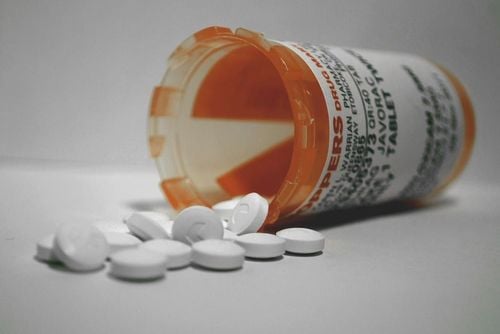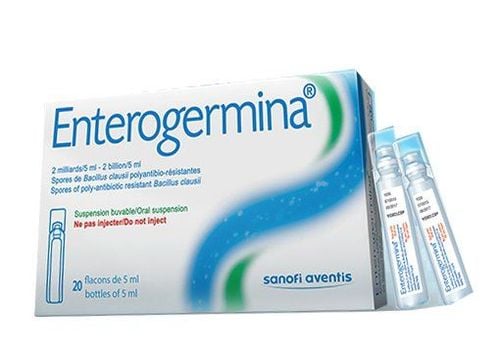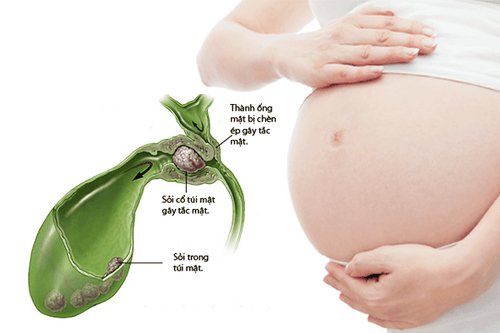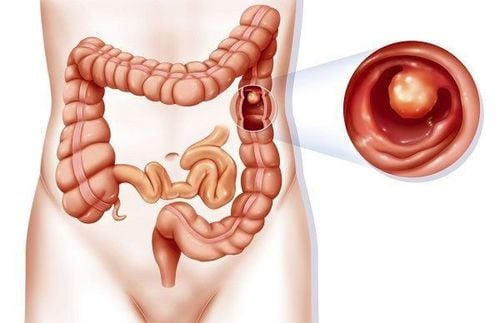Article is professionally consulted by Mai Vien Phuong, MSc, MD - Department of General Examination & Internal Medicine - Vinmec Central Park International General Hospital
Stool typically has an unpleasant odor. In many cases, foul-smelling stool occurs due to the food the patient has eaten and the bacteria present in the large intestine. However, foul-smelling stool can also indicate a serious health issue that may occur, such as diarrhea, bloating, or gas, often associated with soft or watery stools.
1. What causes foul-smelling stool?
Changes in diet are a common reason for foul-smelling stool. Other causes include:
Malabsorption: Malabsorption is a common cause of foul-smelling stool. Malabsorption occurs when the body cannot absorb nutrients from food. This often happens when there is an infection or a condition preventing the intestines from absorbing nutrients.
Common causes of malabsorption include:
- Gluten intolerance – the body reacts to gluten, leading to the destruction of the intestinal mucosa and hindering nutrient absorption.
- Inflammatory bowel disease (IBD) such as Crohn's disease or ulcerative colitis.
- Carbohydrate intolerance – the intestines' ability to absorb sugars and starches is diminished or lost.
- Dairy protein intolerance
- Food allergies
Individuals with inflammatory bowel disease often complain of having very foul-smelling diarrhea or frequently experiencing constipation. Those with IBD may also experience bloating after consuming certain foods. Bloating can be accompanied by unpleasant odors.
Infection: Infections affecting the intestines can also lead to foul-smelling stool. Inflammation of the stomach and intestines can occur after consuming contaminated food:
- Bacteria, such as E. coli or Salmonella
- Viruses
- Parasites
Immediately following the development of an infection, you may experience cramping abdominal pain and then have foul-smelling, watery stools.
Medications and supplements
Certain medications can cause gastrointestinal discomfort and lead to diarrhea.
Taking some over-the-counter multivitamins can also cause foul-smelling stool if you are allergic to the ingredients in the supplements.
After a course of antibiotics, you may have foul-smelling stools until your normal gut flora is restored.
Foul-smelling diarrhea may be a side effect of taking more than the recommended daily allowance of any multivitamin or any individual vitamin or mineral.
Diarrhea from taking excessive multivitamins or exceeding the recommended dosage of medications is a sign of a medical emergency. Taking too much of any of the following vitamins can lead to life-threatening side effects:
- Vitamin A
- Vitamin D
- Vitamin E
- Vitamin K
Other conditions
Other conditions that can cause foul-smelling stool include:
- Chronic pancreatitis
- Cystic fibrosis
- Short bowel syndrome
2. Symptoms
Symptoms that may occur with foul-smelling stool include:
- Watery stools or diarrhea
- Soft stools
- Frequent urination
- Abdominal pain
- Nausea
- Vomiting
- Bloating
- Distension
Foul-smelling stool can be a sign of a serious medical condition. Seek medical attention immediately if you experience any of the following symptoms:
- Blood in the stool (Hematochezia)
- Black stool (Melena)
- Pale stool
- Fever
- Abdominal pain
- Unintentional weight loss
- Chills
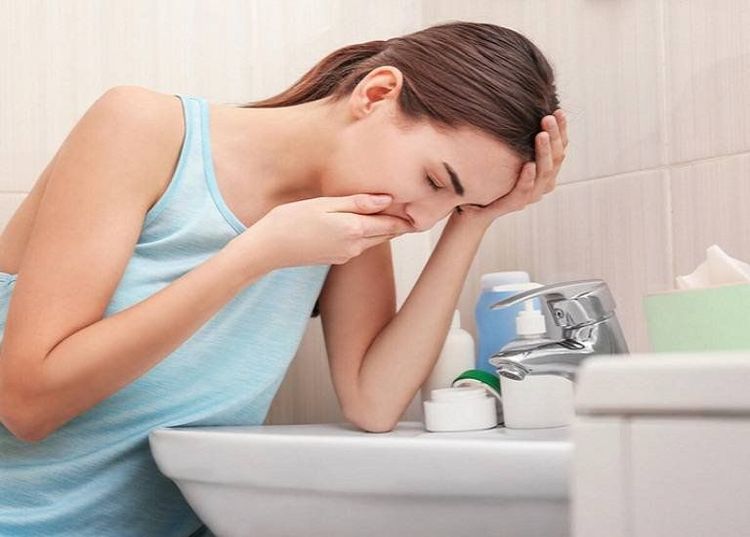
3. How to diagnose foul-smelling stool?
During the appointment, the doctor may ask you about your stool, including its consistency and when you first noticed the foul smell.
If the consistency of your stool has recently changed, the doctor may want to know when the change occurred. Inform the doctor about any recent changes you have made to your diet.
The doctor may request a stool sample to check for bacterial, viral, or parasitic infections. They may also request a blood sample for testing.
4. How to treat foul-smelling stool
Treatment will depend on the underlying cause. Conditions like Crohn's disease may require long-term dietary changes or adherence to medication regimens to control bowel movements and alleviate pain.
Mild bacterial infections may resolve on their own after a few instances of foul-smelling stool.
5. Prevention
Here are some ways to help prevent foul-smelling stool:
Change your diet: Changing your diet can help prevent foul-smelling stool. For example, avoid drinking raw or unpasteurized milk. If you have a condition that affects how you absorb food or how your body reacts to eating certain foods, consult a doctor to create a suitable diet plan for you.
Following this diet plan may help reduce symptoms such as:
- Abdominal pain
- Bloating
- Foul-smelling stool
For example, for inflammatory bowel disease, you might follow a low FODMAP diet.
Proper food handling: Avoid bacterial contamination from your food by handling it properly. Cook raw food thoroughly before eating. Examples include:
- Beef
- Poultry
- Pork
- Eggs
Cooking thoroughly means checking the internal temperature of your food with a thermometer before eating.
Consult a doctor for the minimum internal temperature each type of food should reach before you eat.
Do not prepare both meat and vegetables on the same cutting board. Preparing them on the same board can spread Salmonella or other bacteria.
You should also wash your hands thoroughly after handling raw meat or using the restroom.
To arrange an appointment, please call HOTLINE or make your reservation directly HERE. You may also download the MyVinmec app to schedule appointments faster and manage your reservations more conveniently.

